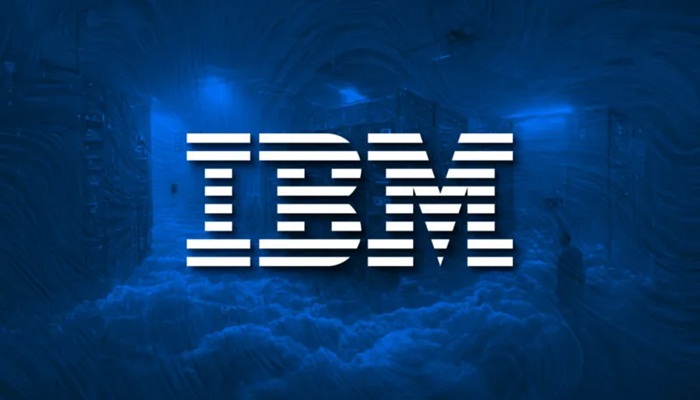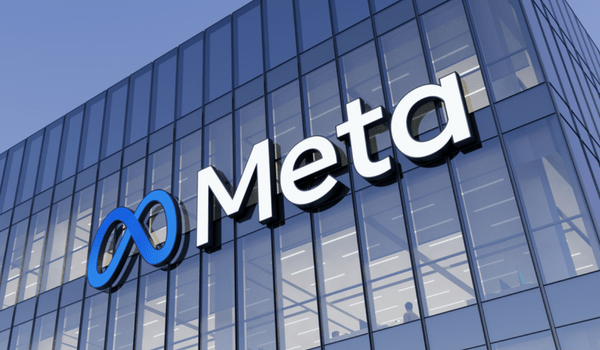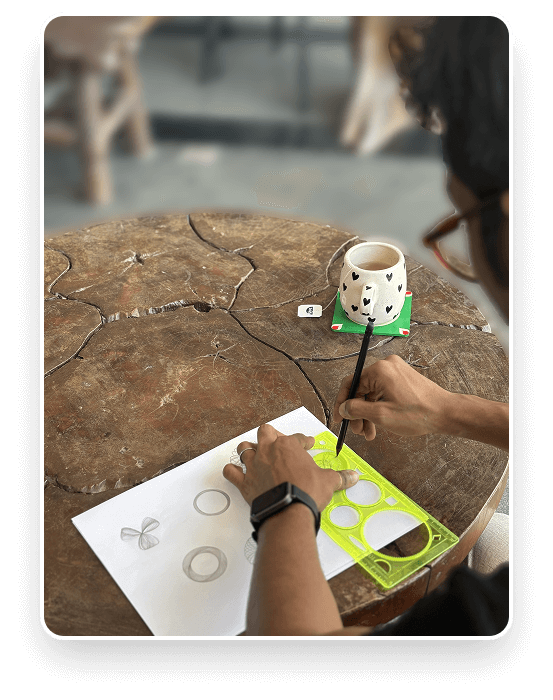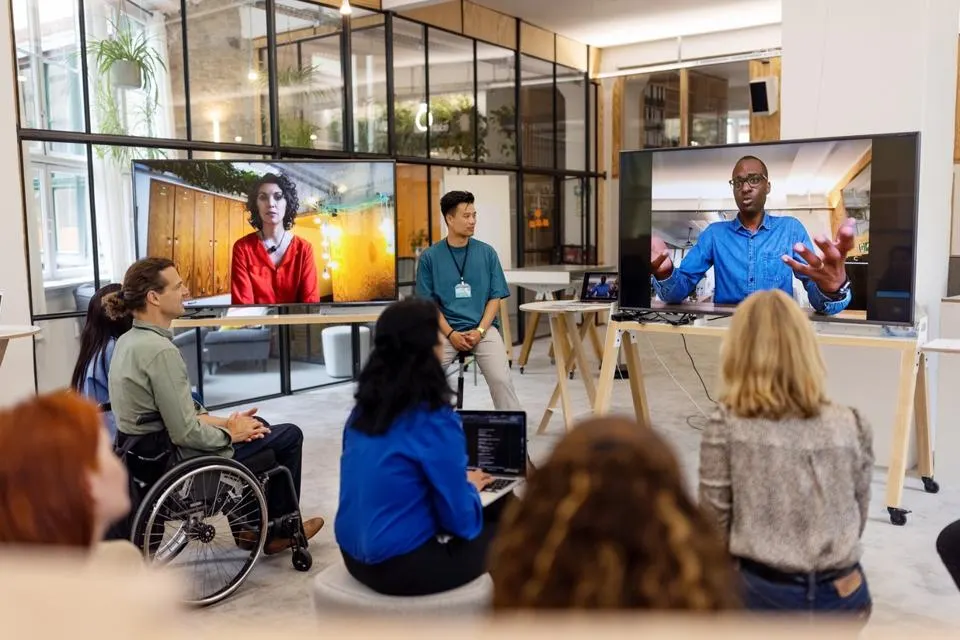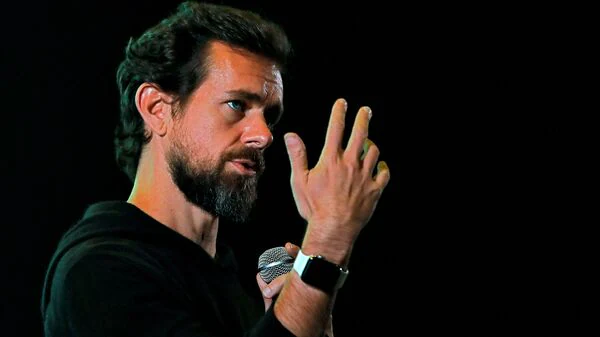Chamath Palihapitiya, the well-known venture capitalist and former Facebook executive, has made a bold statement about the future of coding and the role of engineers in the workplace. In a recent post on social media, he stated that engineers’ roles will soon shift dramatically, with their responsibilities becoming more supervisory rather than hands-on.
Within 18 months, Palihapitiya predicts, engineers may no longer need to focus on building tools, as AI systems will largely take over those tasks. He even described it as “roadkill for the model makers’ product roadmap.”
His remarks add to a growing conversation about the evolving nature of work in an AI-dominated world. With artificial intelligence rapidly advancing, Palihapitiya believes that learning to code is no longer as crucial as it once was.
In fact, he goes so far as to suggest that parents should advise their children to explore fields such as philosophy, psychology, history, physics, and English writing, as these disciplines will offer more value in the future job market.
A Changing Workforce: AI and Engineers
Palihapitiya’s comments come at a time when the technology industry is grappling with the implications of artificial intelligence. As AI systems become more capable of handling tasks traditionally performed by engineers, the role of human coders is expected to change.
According to Palihapitiya, engineers will likely find themselves in supervisory roles, overseeing AI systems rather than directly writing the code. This transition is expected to happen within just 18 months, signaling a rapid change in the tech landscape.
He also emphasized that the real challenge in software design lies in “coherently explaining business rules,” a task that still requires human input. While AI systems may take over many coding tasks, they still struggle with some of the complexities involved in understanding and implementing nuanced business rules.
The Ai-Powered Job Market
Palihapitiya’s prediction aligns with broader industry trends. Leaders in the tech space, such as Mark Zuckerberg of Meta, have also suggested that AI could soon replace many midlevel software engineering jobs. This shift toward automation and AI-driven systems has already begun to reshape hiring practices.
For example, roles like AI prompt engineers—who train models like ChatGPT—are in high demand, despite not requiring a traditional technical background. The key to these roles is strong logical thinking and a basic understanding of computers, rather than expertise in programming languages.
This shift is particularly significant in a world where AI is poised to replace many of the tasks traditionally carried out by human workers. As AI continues to advance, companies may begin to prioritize skills such as problem-solving, creative thinking, and effective communication, rather than technical experience alone.
This trend suggests that the future of work may be less about learning specific technical skills and more about adapting to new, AI-driven ways of working.
Skills for the Future
Palihapitiya’s comments also raise important questions about how we prepare the next generation for a changing workforce. In a world where AI systems are increasingly taking over tasks like coding, traditional educational pathways may no longer be the best route to success.
Palihapitiya suggests that parents should encourage their children to focus on subjects that involve critical thinking and human-centered skills, rather than coding. This shift in focus also ties into the broader trend of AI adoption across industries.
As AI continues to permeate the workforce, companies may increasingly look for workers with a diverse set of skills—especially those that cannot easily be automated by AI.
This could mean that humanities, social sciences, and creative fields may gain more importance in the years to come, as they help equip individuals with the kinds of skills that AI cannot replicate.


